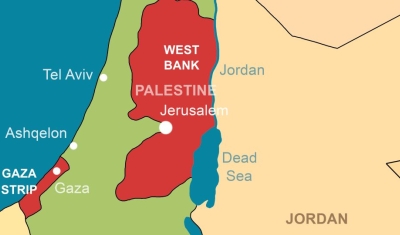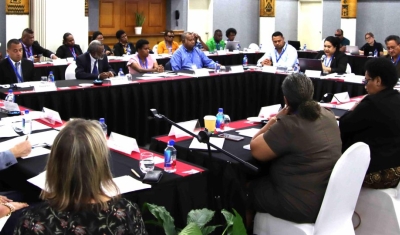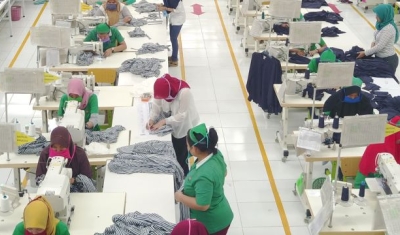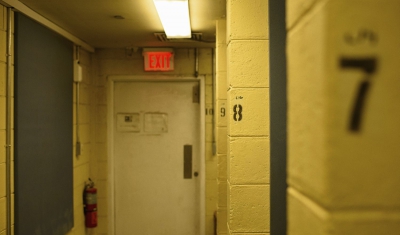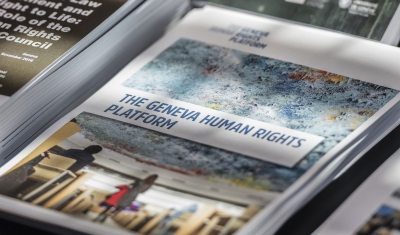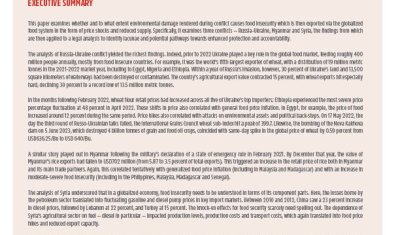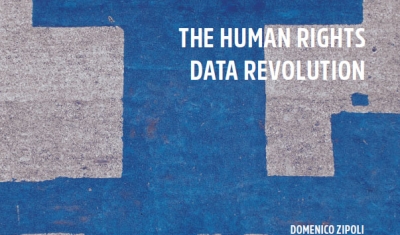Experts and Law Enforcement Practitioners Discuss New Standards on the Use of Less Lethal Weapons

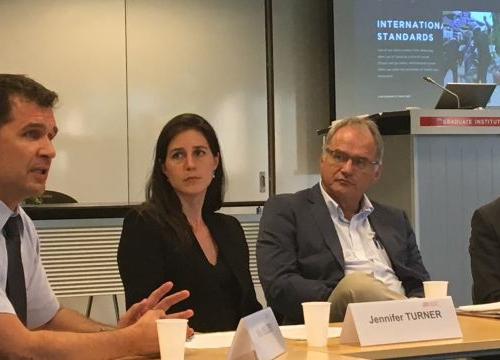
Geneva Academy
6 July 2018
Last week, at our annual seminar held in the context of the Geneva Human Rights Platform and its focus on the use of force, around 40 police officers, experts on the design, testing and use of weapons, representatives of national police oversight mechanisms, human rights experts, representatives of UN specialized agencies, academics, representative of governments and of national civil society organizations discussed human rights challenges related to the use of less-lethal weapons (LLWs).
A Document to Establish International Standards on the Use of LLWs
Participants notably reviewed a first draft document to guide the use of LLWs and other equipment in law enforcement. This first draft was designed early this year by an academic working group made of leading academics, law enforcement experts and practitioners and representatives from international organizations and civil society.
This draft document aims to build upon, and in no way to challenge or to update, the United Nations (UN) Code of Conduct for Law Enforcement Officials and the UN Basic Principles on the Use of Force and Firearms by Law Enforcement Officials.
It is intended to assist relevant stakeholders in meeting the requirement of these existing standards to develop ‘non-lethal incapacitating weapons for use in appropriate situations ’ and that such development and/or deployment of such weapons be ‘carefully evaluated in order to minimize the risk of endangering uninvolved persons ’
‘It is vital, when conceiving standards in this sometimes highly contested space, that there are opportunities to consult all the stakeholders. Only on the basis of frank exchanges can standards speak properly to the challenges faced on the ground’ says Professor Christof Heyns.
Next steps will include a revised draft after the meeting that will integrate comments from participants and a follow-up meeting before the end of 2018.
Briefing Diplomats and Civil Society on the Particularities of LLWs’ Use around Peaceful Protests
This annual seminar took place in parallel of a UN Human Rights Council (HRC) negotiation on a resolution dealing with the use of LLWs in peaceful protests. The Omega Research Foundation, which participated in the seminar and specializes in research of LLWs, gave a technical seminar for diplomats and civil society representatives at the Palais des Nations on the particularities of the use of LLWs around protests.
About the Geneva Human Rights Platform and Its Focus on Use of Force
The Geneva Human Rights Platform (HRP) provides a dynamic forum in Geneva for all stakeholders in the field of human rights to discuss and debate topical issues and challenges. Relying on academic research and findings, it enables various actors to become better connected, break down silos and, hence, advance human rights.
The HRP notably focuses on the use of force in relation to law enforcement, management of assemblies, crowd control, the right to life or the use of specific security devices and how these issues are addressed at the UN Human Rights Council, the UN Human Rights Committee or at the Conference on Disarmament.




